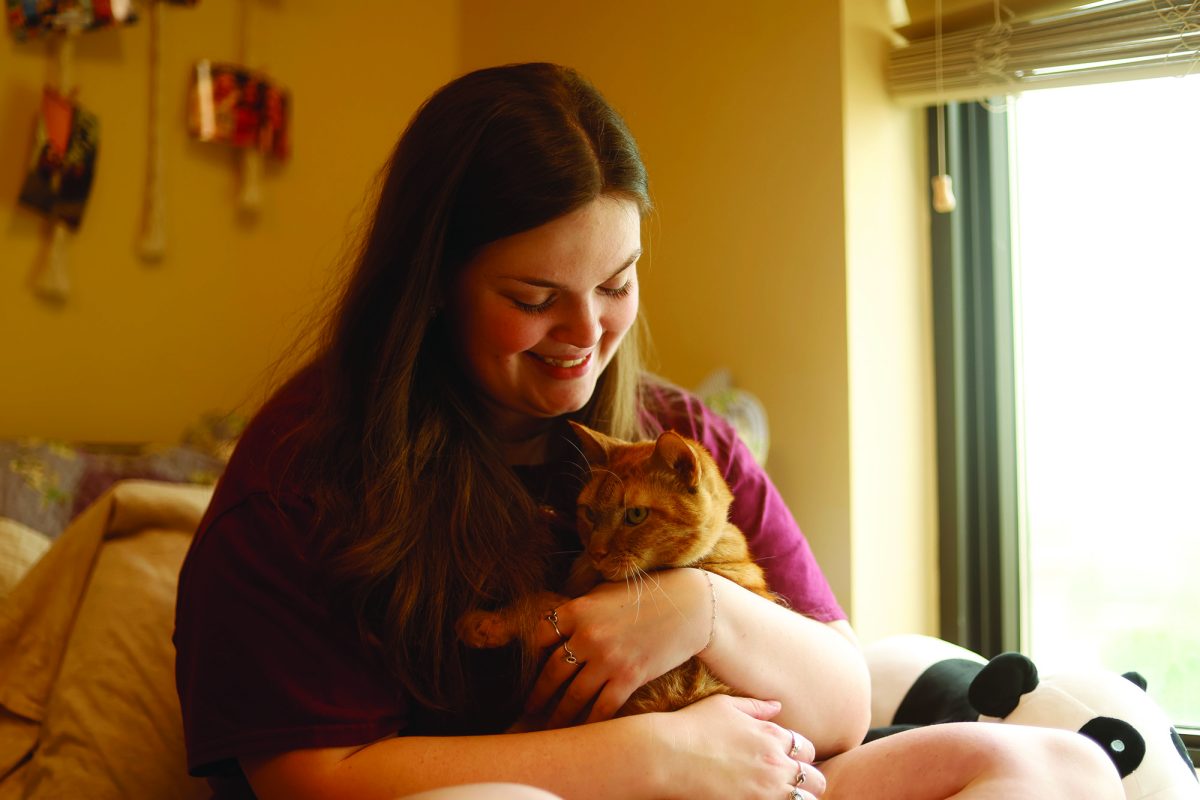A delay in manufacturing of the influenza virus forced the Student Health Center to postpone the large scale distribution to the student body until early November 2019.
The Student Health Center planned to hold a flu outreach program during the first week of October. However, the program was temporarily canceled and rescheduled for Nov. 12 in the LBJ Ballroom from 10 a.m.-2 p.m.
Emilio Carranco, director of the Student Health Center, said he believes the delay may be the result of a late alteration in the targeted strains of the vaccine.
“I think while discussing with the (Centers for Disease Control and Prevention), The World Health Organization decided to make a change in one of the strains in the flu vaccine,” Carranco said. “Typically, there are three or four strains being covered by the vaccine, so one of those components was changed at the last minute based on patterns the WHO saw around the world. They look at a certain part of the globe and see what activity is occurring there and anticipate those strains might circulate in other parts of the world, since flu seasons are different globally.”
According to Carranco, the Texas flu season usually begins late November and can persist until April of the following year. He does not believe there will be an outbreak on campus during peak flu season.
Carranco said getting vaccinated too early carries risks since the vaccine effectiveness wears off over time. The director said receiving a vaccine in late October or early November may be a preferable alternative.
“It’s important not to get vaccinated too early in the season because the protection provided by the vaccine starts to wane while we are still in the middle of the flu season,” Carranco said. “It is not necessarily a bad thing that we have not been able to vaccinate everybody in early October. Late October or early November is a better time for vaccination because it is more likely you will be protected throughout the entire flu season.”
While the health center may be low on resources, the aforementioned outreach program will be carried out once vaccine supplies are replenished in the coming weeks following a broad distribution on campus.
During the waiting period, the health center staff made efforts to provide students with medical conditions that may increase the likelihood of complications with the flu virus with a vaccine from the center’s limited stock. Conditions include asthma, chronic lung disease, heart disease, chronic kidney disease, weakened immune systems and pregnancy.
In recent years, there has been a noticeable decrease in participants recieving influenza vaccinations across the country. In 2017, the CDC found the coverage of flu vaccinations dropped significantly from previous year in all age groups, decreasing from 43% coverage to 37%. The 6% drop signifies 2017 as the country’s lowest participation rate within the past seven flu seasons.
Beth Bernstein, Spanish lecturer and mother of two, said it is important for her to provide her children with the vaccine because of how quickly sickness can spread among young kids.
“The flu shot is very important because my kids are around other kids all day and little kids are always touching each other, wiping their noses and hugging their friends,” Bernstein said. “Everything gets spread all over the place; the flu could really spread quickly, so I want to ensure my kids are as healthy as can be. Even though the shot is not 100% effective, at least it gives me a little peace of mind I’ve done all I can do to protect them.”
Those most vulnerable to the virus are heavily encouraged by the CDC to receive a flu vaccination. People aged 65 and older and children younger than five are at higher risk of developing serious complications with the flu.
Amber Lamp, English sophomore, said a decrease in flu vaccine participation in recent years may relate to misinformation widely available on the internet.
“I think it largely has to do with the confirmation bias social media creates and how easy it is for misinformation to spread,” Lamp said. “Fear-mongering has a lot to do with it too. It is easy to make people believe you if they feel like it directly affects their safety.”
Make an appointment with the Health Center by calling 512-245-2161 or visiting the location for a walk-in appointment before 4 p.m.
Categories:
Flu vaccine distribution delayed by World Health Organization
November 4, 2019
Senior biology major Brynna Zander stocks up on flu season essentials Oct. 14 at Walgreens. Photo credit: Jamie Dorsey
0
Donate to The University Star
Your donation will support the student journalists of Texas State University. Your contribution will allow us to purchase equipment and cover our annual website hosting costs.
More to Discover





















